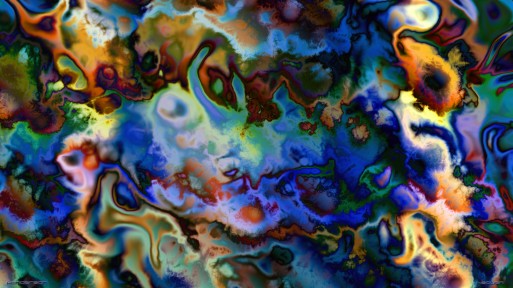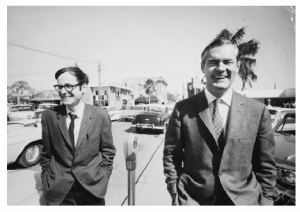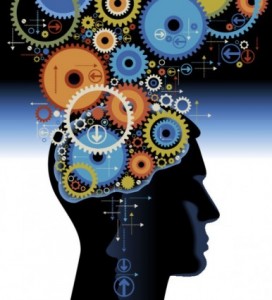Timothy Leary may be dead, but research into the therapeutic benefits of psychedelics is thriving once again. Specifically, recent studies have explored the potential for LSD to ease anxiety and depression for those overcoming addiction, or nearing death.
In the early 1950s, LSD and other hallucinogens sparked interest in the US medical community as serious areas of study; it seemed that at last there was a therapeutic drug with almost instantaneous results. Harvard professor Timothy Leary was one of the researchers backing the use of psychedelics – but any earnest chance it had to be taken seriously by the government disappeared when it became a staple of the “Turn on, tune in, drop out” culture of the ‘60s. The room grew dead silent on The Merv Griffin Show in 1966 when Leary encouraged the use of LSD, saying, “I’m in the unfortunate situation of being about 20 years ahead of my time.” Come 1970, LSD was officially classified as an illegal, Schedule 1 drug – and Timothy Leary couldn’t get “Further” away from the dusty mindset of the academic community.
Now that the fall-out of from the ‘60s has settled, scientists are taking a serious, second look at LSD. The Journal of Nervous and Mental Disease just reported that Swiss psychiatrist Peter Gasser used LSD to assuage—successfully—the end of life anxiety for 12 individuals who were approaching death. British psychiatrist David Nutt applauds the re-entry of LSD and psychedelics into the medical community, saying that their ban is “the worst case of scientific censorship since the Catholic Church banned the works of Copernicus and Galileo.”
“He said that banning LSD was “the worst case of scientific censorship since the Catholic Church banned the works of Copernicus and Galileo.”
Simply put, according to researcher Stanislav Grof, LSD is an incredible accelerator of mental treatment for those with addiction or depression. Grof was one of the earliest researchers of the LSD’s benefits in the ‘50s. He told NPR that the drug’s efficacy was “was quite extraordinary…[there] was a tremendous deepening and acceleration of the psychotherapeutic process; and compared with the therapy in general, which mostly focuses on suppression of symptoms, here we had something that could actually get to the core of the problems.”
Indeed, because those nearing death often experience a surge of what are called “the top five regrets of the dying,” implementing LSD could help open up a positive, pointed discussion on those fears.
What do you think about the recent research into LSD’s end of life benefits? We look forward to your comments below.
Related Articles:
- An Intelligent Form of Dying: Aldous Huxley’s Psychedelic Death
- How Psychedelic Drugs Can Help Patients Face the End-of-Life
- Learn about the Magic Bus: A psychedelic journey through San Francisco’s rich counter-culture history.

 LSD Research Makes Biggest Headway in 40 Years
LSD Research Makes Biggest Headway in 40 Years





 “As Tears Go By” by Marianne Faithfull
“As Tears Go By” by Marianne Faithfull

 Funeral Favors Offer Visitors a Tangible Memento
Funeral Favors Offer Visitors a Tangible Memento















